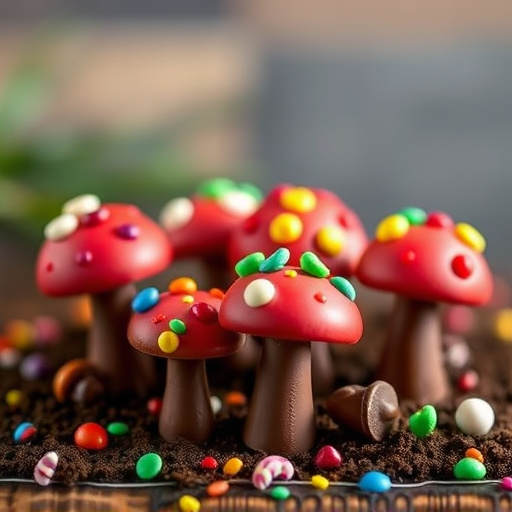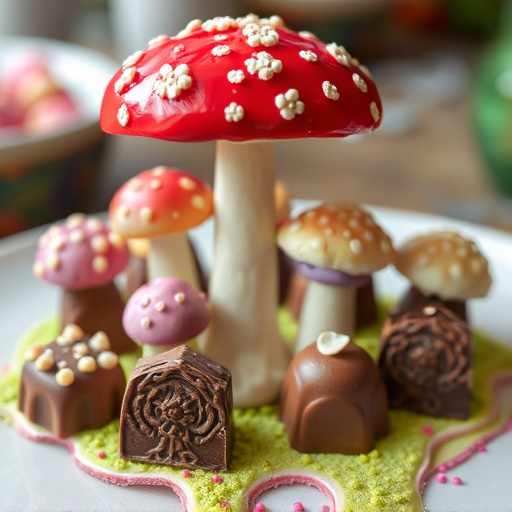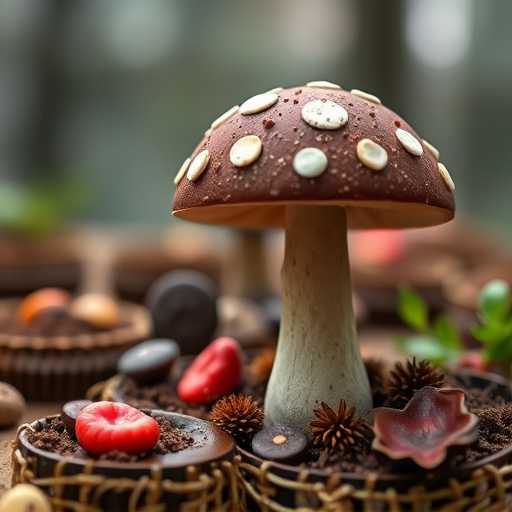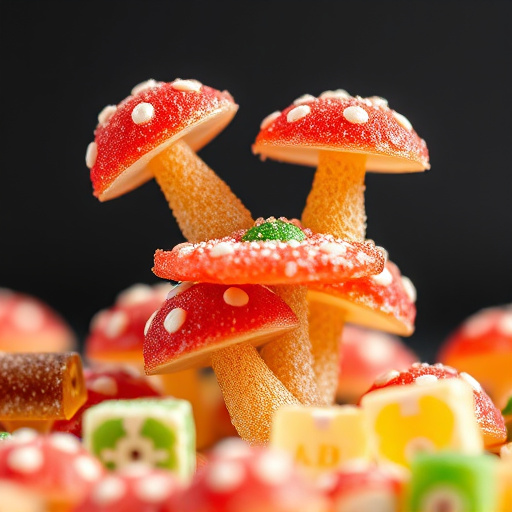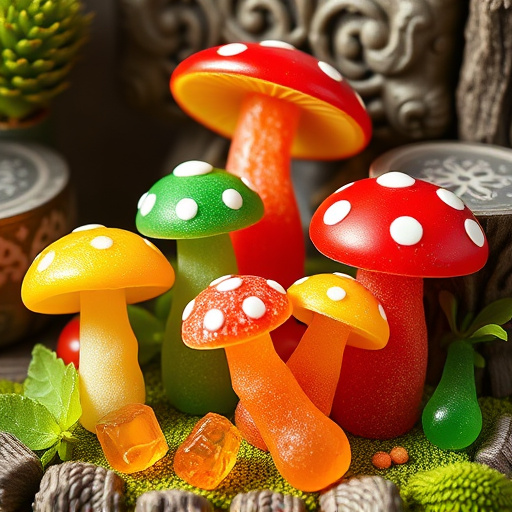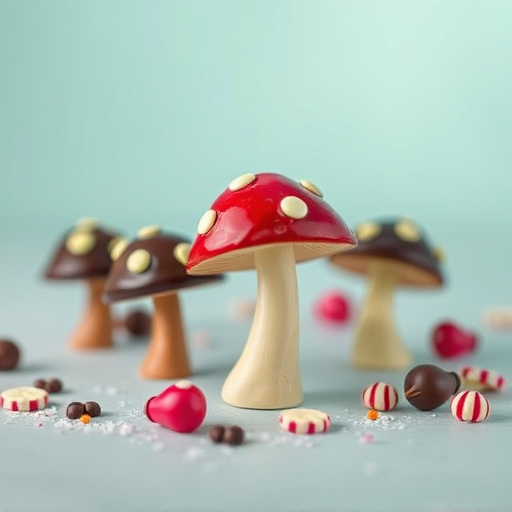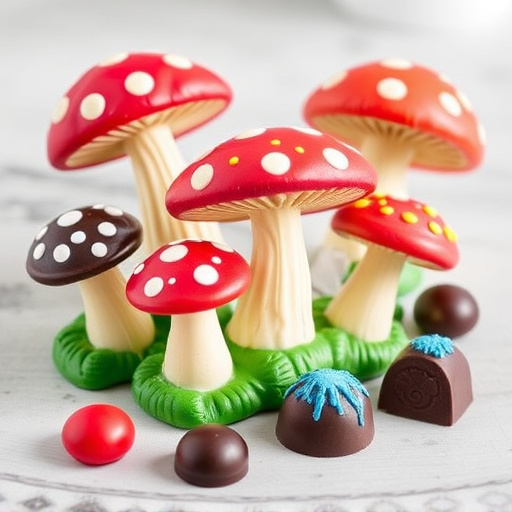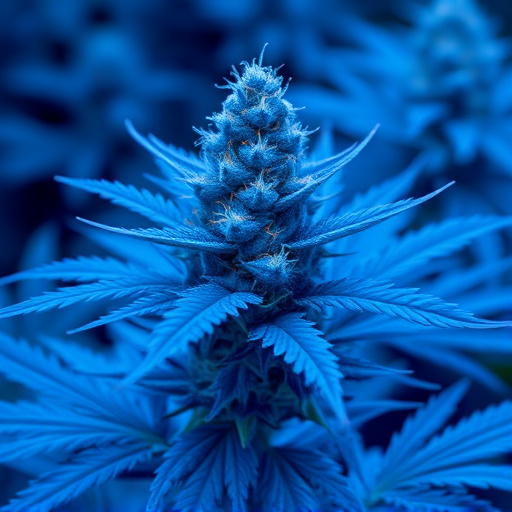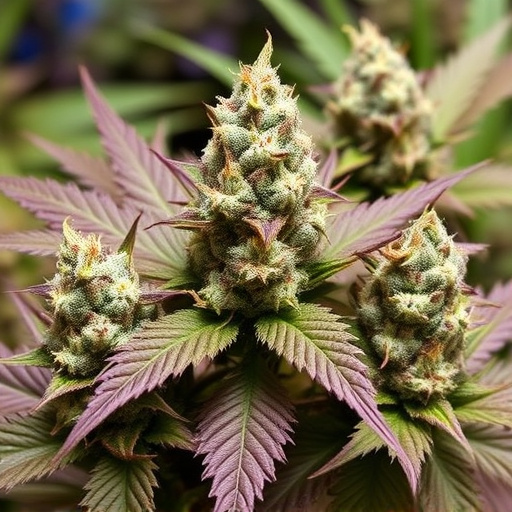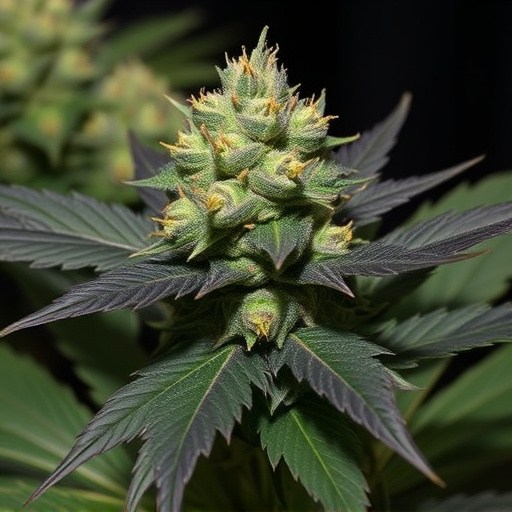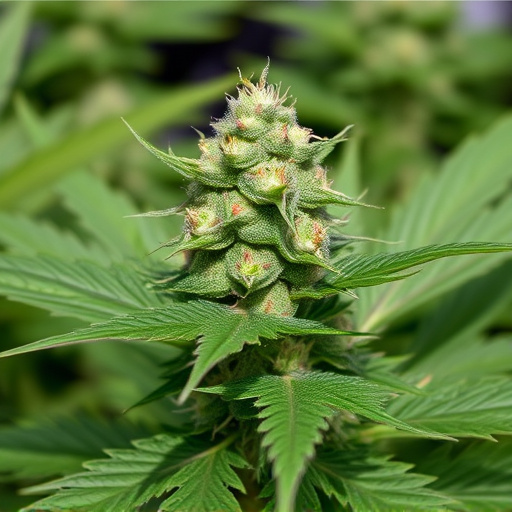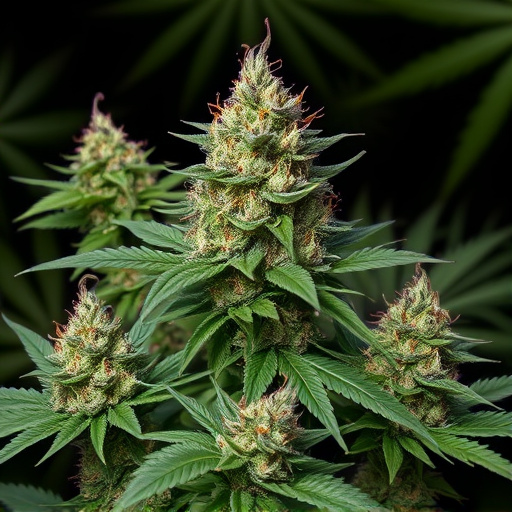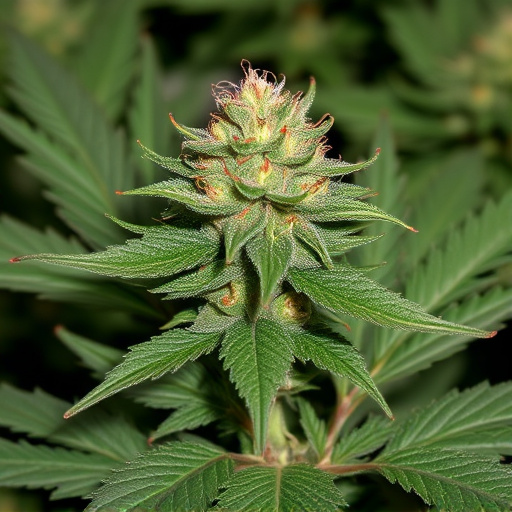The cannabis flower's impact on mood is tied to its chemical composition, including cannabinoids THC and CBD, which interact with the body's endocannabinoid system. Hybrid weed strains, created through crossing different varieties, offer diverse cannabinoid profiles resulting in varied emotional responses. While high-THC strains can induce euphoria but may cause anxiety, CBD-rich hybrids provide potential therapeutic benefits without psychotropic effects. Hybrid strains' effects depend on their genetic makeup and terpene profiles, which modulate THC's impact. Individual factors like age, sex, mental health conditions, and pre-existing disorders also influence how cannabis affects mood and emotions, making personalized choices crucial.
Cannabis flower, with its diverse chemical composition, has been a subject of interest for its potential mood and emotion-altering effects. This article explores the intricate relationship between cannabis and emotions, delving into how different hybrid weed strains can significantly impact our mental state. We’ll examine various factors, including individual differences, that play a role in shaping these experiences. Understanding these influences is crucial in navigating the complex world of cannabis consumption.
- Understanding the Cannabis Flower and Its Chemical Composition
- The Impact of Hybrid Weed Strains on Mood and Emotions
- Individual Differences: How Personal Factors Influence the Effect
Understanding the Cannabis Flower and Its Chemical Composition
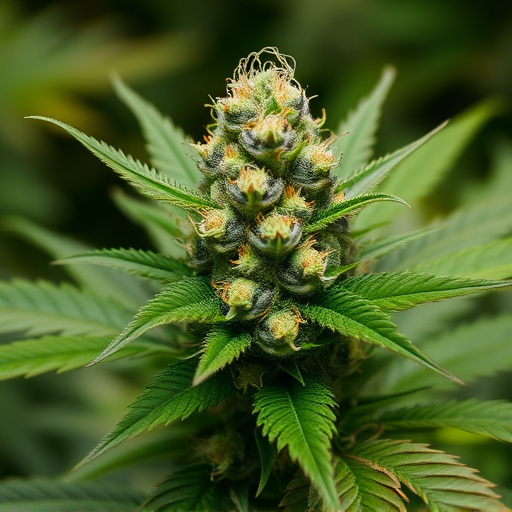
The cannabis flower, scientifically known as Cannabis sativa, is renowned for its diverse effects on mood and emotions due to its unique chemical composition. At the heart of this plant’s impact are various compounds, including cannabinoids and terpenes. Cannabinoids like THC (tetrahydrocannabinol) and CBD (cannabidiol) are responsible for many of the psychological effects associated with cannabis use. These compounds interact with the body’s endocannabinoid system, which plays a role in regulating mood, appetite, memory, and pain perception.
Hybrid weed strains, created by crossing different cannabis varieties, offer a wide range of cannabinoid profiles, each potentially eliciting distinct emotional responses. For example, strains high in THC can induce feelings of euphoria and relaxation but may also lead to heightened anxiety or paranoia in some users. In contrast, CBD-rich strains are known for their potential therapeutic effects, including reducing stress and improving mood without the psychotropic effects of THC. Understanding these chemical nuances is essential for navigating the complex relationship between cannabis flower consumption and individual emotional experiences.
The Impact of Hybrid Weed Strains on Mood and Emotions
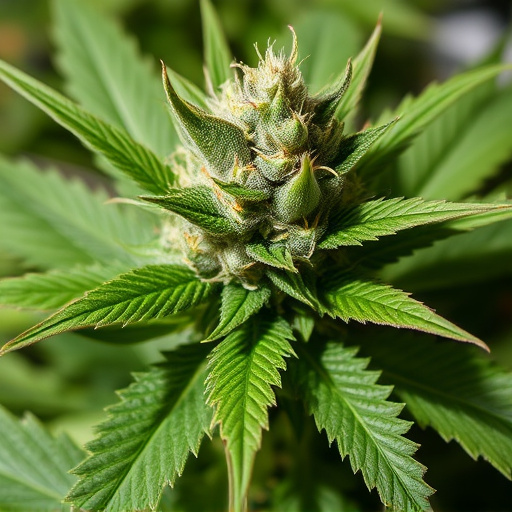
Hybrid weed strains have gained popularity for their unique blend of sativa and indica properties, offering a diverse range of effects on mood and emotions. These crosses can provide a more balanced experience compared to pure sativa or indica varieties, which is often sought after by users looking to avoid intense relaxation or euphoria associated with purely indica-dominant strains. Sativa hybrids tend to elevate mood, increase energy levels, and enhance creativity, while indica hybrids may offer relaxing and calming effects without the mental cloudiness sometimes experienced with high-CBD, low-THC varieties.
The specific mood and emotional outcomes of hybrid weed strains can vary greatly depending on their genetic makeup and terpene profiles. Terpenes, aromatic compounds that contribute to the flavor and scent of cannabis, play a significant role in modulating the effects of THC on the brain’s reward system. Certain terpenes like linalool (found in many indica hybrids) are known for their calming and sedative properties, while others like limonene (common in sativa strains) have uplifting and energizing effects. As such, understanding the terpene content within a hybrid strain can give users an idea of what to expect mood-wise, allowing them to make informed choices that align with their desired emotional outcomes.
Individual Differences: How Personal Factors Influence the Effect
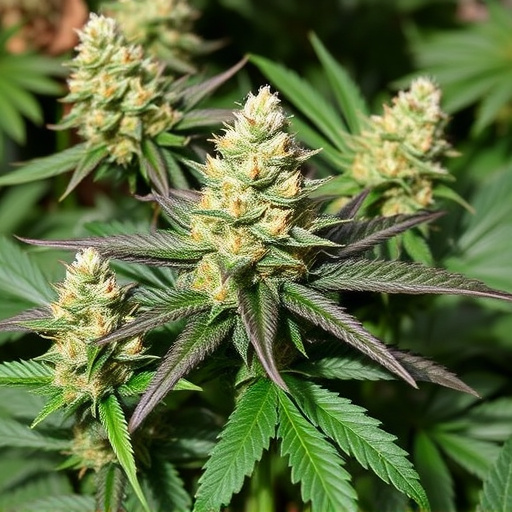
Cannabis flower’s impact on mood and emotions is a complex topic, heavily influenced by individual differences. Personal factors such as age, sex, and pre-existing mental health conditions can significantly shape how someone responds to hybrid weed strains. For instance, younger individuals might experience heightened anxiety or paranoia, while older users could find cannabis aids in stress reduction and sleep improvement. Additionally, gender disparities exist, with some studies suggesting women may be more susceptible to the mood-altering effects, particularly with specific strain types. Pre-existing conditions also play a role; those with depression or anxiety disorders might notice benefits from certain hybrid strains known for their therapeutic properties, such as CBD-rich varieties or those with balanced THC and CBD content. However, individuals with a history of psychosis may be at higher risk of adverse reactions.
Cannabis flower’s effect on mood and emotions is a complex interplay between its chemical composition, specifically terpenes and cannabinoids like THC and CBD, and individual factors. While hybrid weed strains offer diverse experiences ranging from uplifting to calming, personal traits such as tolerance, genetics, and set (intention and expectations) significantly shape these outcomes. Understanding these dynamics empowers users to make informed choices, ensuring cannabis enhances their well-being rather than disrupting it. Further research is needed to unlock the full potential of cannabis in mood regulation, highlighting its complex role in the human experience.
